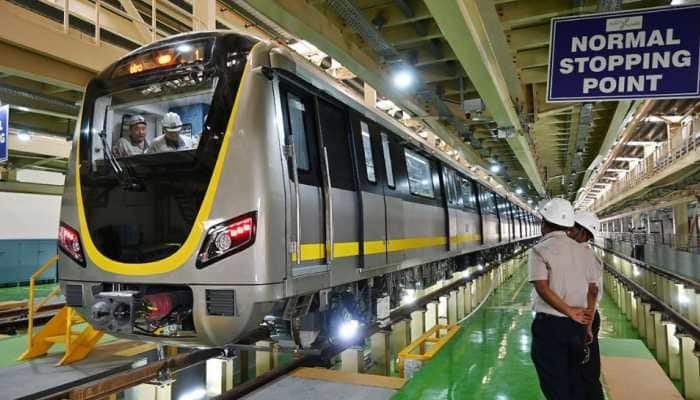RBI restricts customers from sharing card details for online payments: Here’s what to do now
From January 1, 2022, no firm in the card transaction or payment chain, other than card issuers and card networks, should keep the real card details, according to the Reserve Bank of India (RBI).
- You can either provide your complete 18-digit card number each time you pay online, or you can employ tokenisation.
- From January 1, 2022, no firm in the card transaction or payment chain, other than card issuers and card networks, should keep the real card details.
- Other banks and digital payment accounts, such as HSBC India, SBI Card, Paytm, Phonepe, and the National Payments Corporation of India, have been mandated by the RBI (NPCI).
Trending Photos
)
New Delhi: If you prefer shopping with the convenience of saved passwords and credit card information, this will soon come to an end! Clients' HDFC Bank card data held on merchant websites or apps would be erased by merchants with effect from January 1, 2022, as per the RBI guideline for increased card security, according to a recent SMS advisory from HDFC Bank to its customers. You can either provide your complete 18-digit card number each time you pay online, or you can employ tokenisation. The decision was made in response to the RBI rule.
From January 1, 2022, no firm in the card transaction or payment chain, other than card issuers and card networks, should keep the real card details, according to the Reserve Bank of India (RBI). Cardholders can also use digital tokens to perform online transactions. RBI will delete all such data that has already been saved if the deadline is not met. This measure is being taken in order to prevent online fraud. Other banks and digital payment accounts, such as HSBC India, SBI Card, Paytm, Phonepe, and the National Payments Corporation of India, have been mandated by the RBI (NPCI).
What is tokenisation?
Tokenisation refers to the usage of our data for a specific purpose. For example, using Metro tokens, money or information is saved in a little token that serves as a referral for everyone. To put it another way, tokenisation in this case refers to the substitution of a genuine card number with an alternative code that will be transformed into a token. For future online purchases, the tokenised card data can be used in place of an actual card number, as directed by the card user. Tokenised cards are safer to use to make payments and share with internet businesses than actual card numbers..
How to get tokenised card?
Step 1: You can obtain the card token by using the token requestor on the bank's website or app.
Step 2: The merchant will send the request immediately to the bank that issued the credit card / Visa/ Mastercard / Diners / Rupay when you submit the request on the token requestor.
Step 3: The party that receives the Token Requester's request for a token will create a token that is linked to the card, the token requestor, and the merchant.
Where you can use tokenisation card?
Tokenisation cards can be used with a Mobile Credit Card to make payments such as NFC-enabled POS transactions and Bharat QR code-based online or offline payments. In addition, all potential online and offline merchants.
Stay informed on all the latest news, real-time breaking news updates, and follow all the important headlines in india news and world News on Zee News.
Live Tv







)
)
)
)
)
)
)
)
)
)
